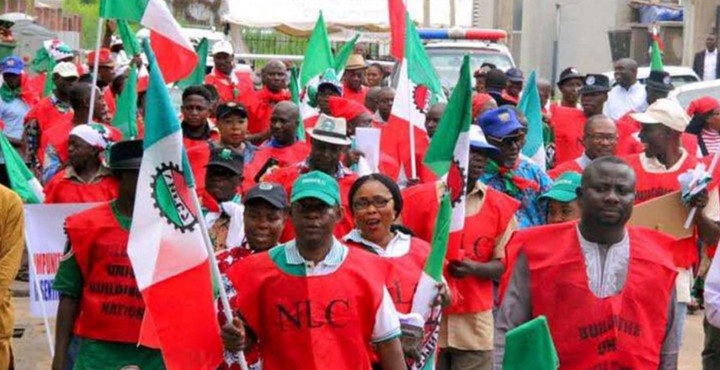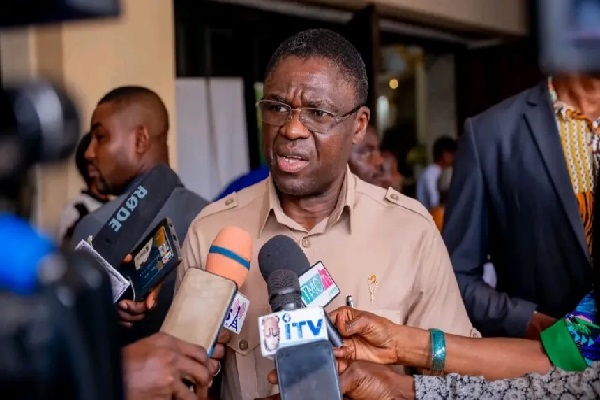The Trade Union Congress of Nigeria (TUC) has clarified the circumstances surrounding the two-week warning strike that the Nigeria Labour Congress (NLC) announced two weeks ago, claiming that it initially declined to participate and that the protocol is for one union to contact the other for a conversation before declaring a strike, leading to the development of strategies between both.

NLC President Ajaero discussed the allegedly tense relationship with the sister association on Monday’s episode of Politics Today on Channels Television. He contended that the TUC could not call off an industrial action that it did not initiate.

“The NLC will not take under our watch if we give a strike notice and then a union that didn’t give a strike notice says they are backing out of a strike that they didn’t call for,” he said.
In contrast, Festus Osifo, the president of the TUC, denied having discussed the strike’s continuation in a follow-up interview on Tuesday.
READ ALSO: Nigerians To Prepare For New Fuel Price Increase As Crude Rises To $94
“No, we never backed out from the strike we did not call”, Osifo said.
“In that plan, there are a lot of things that are looked at. You define your clear-cut strategy; you define the timing. You define how you’re going to isolate the downtrodden Nigerians. All these things are defined before both parties will now come and announce a strike action,” the TUC president said.
“But in this case, I can authoritatively tell you that TUC was never contacted in any way. It was the same way Nigerians saw it in the media that there was a warning strike on so-and-so day. So, when we saw it, we were amazed.”
“Some of our officers were detailed to follow up but there was no clear-cut response. In our organ meetings, we X-rayed the issues from the beginning to the end. We looked at the issues of the time and strategy; we looked at everything holistically,” Osifo said.
“After looking at it, TUC felt that there was no time for TUC to go on strike. You will renege when there is a plan. So, if both parties agree to do something and one party now says, ‘No, I am no longer doing it,’ that is when you backtrack.”


















